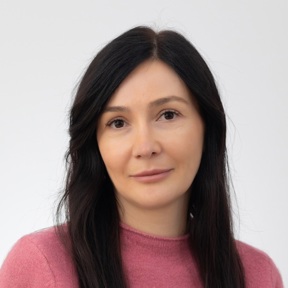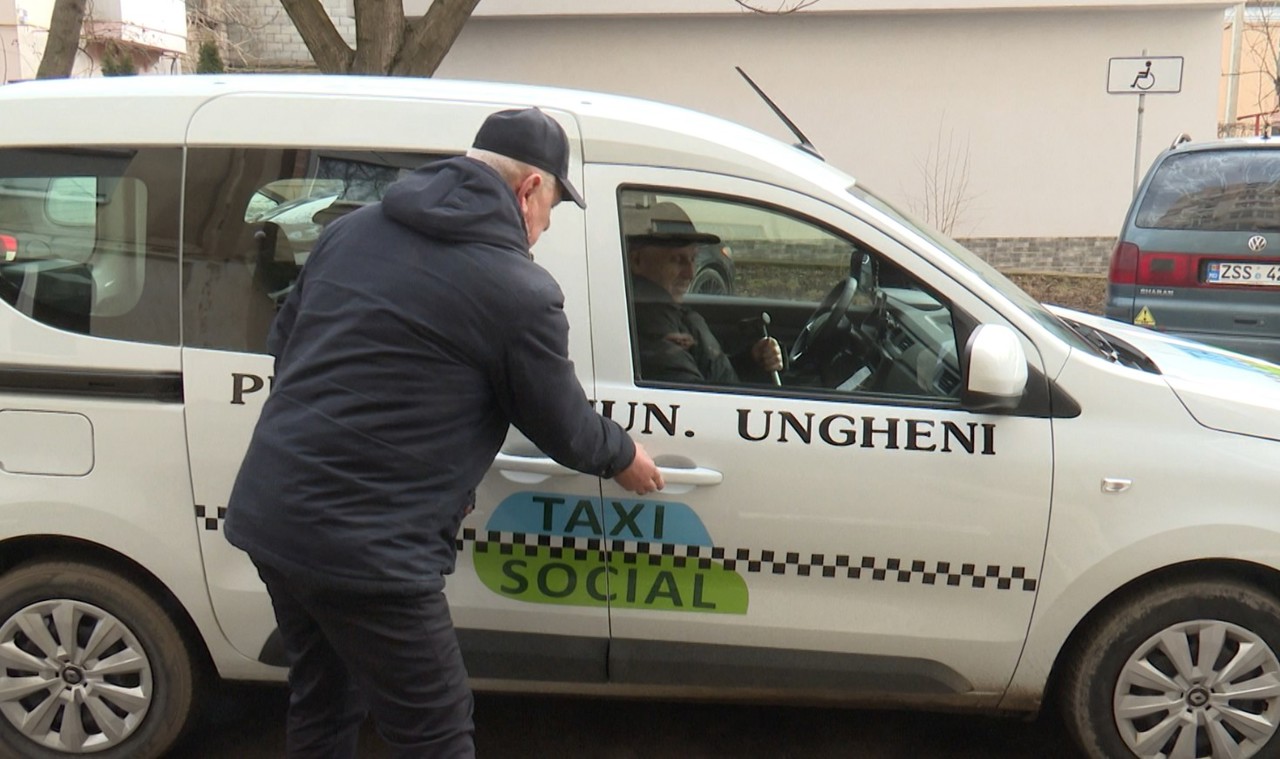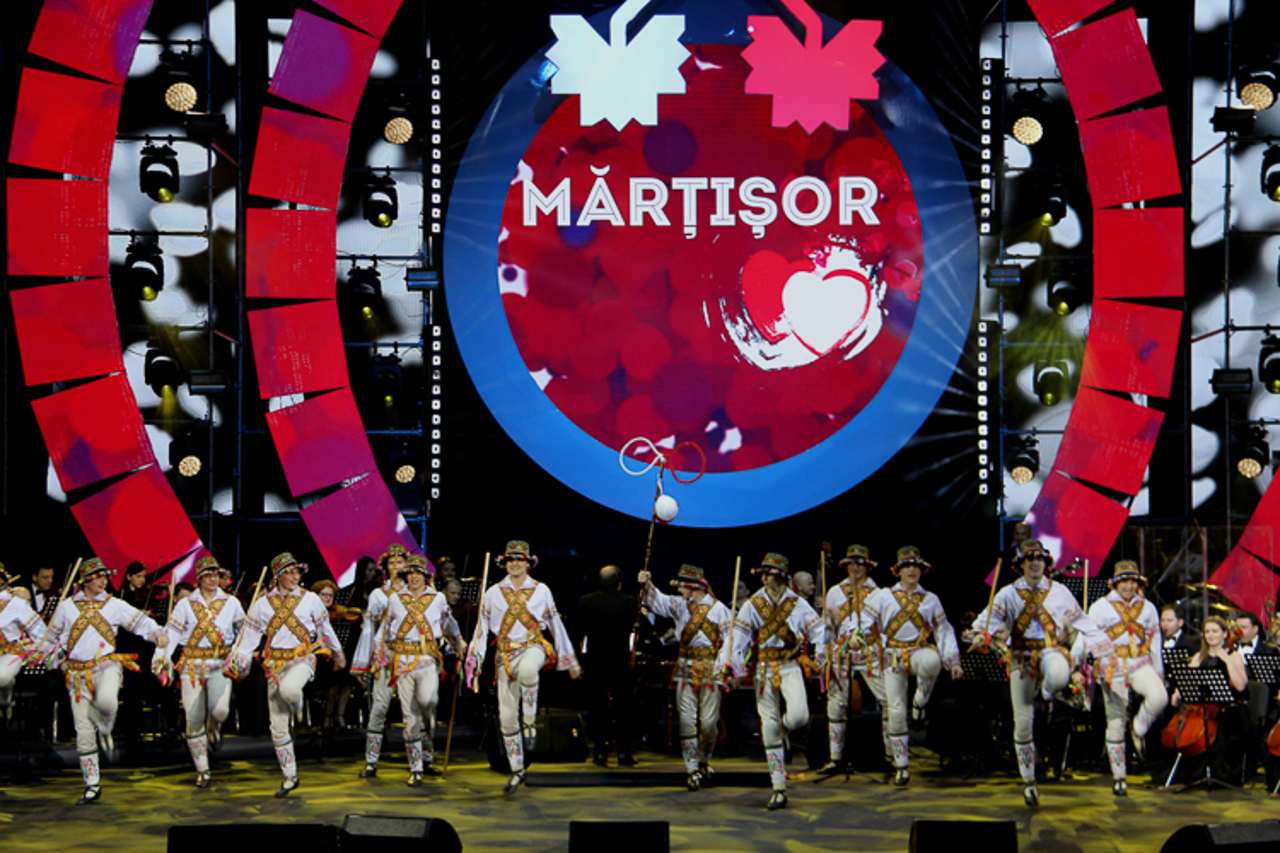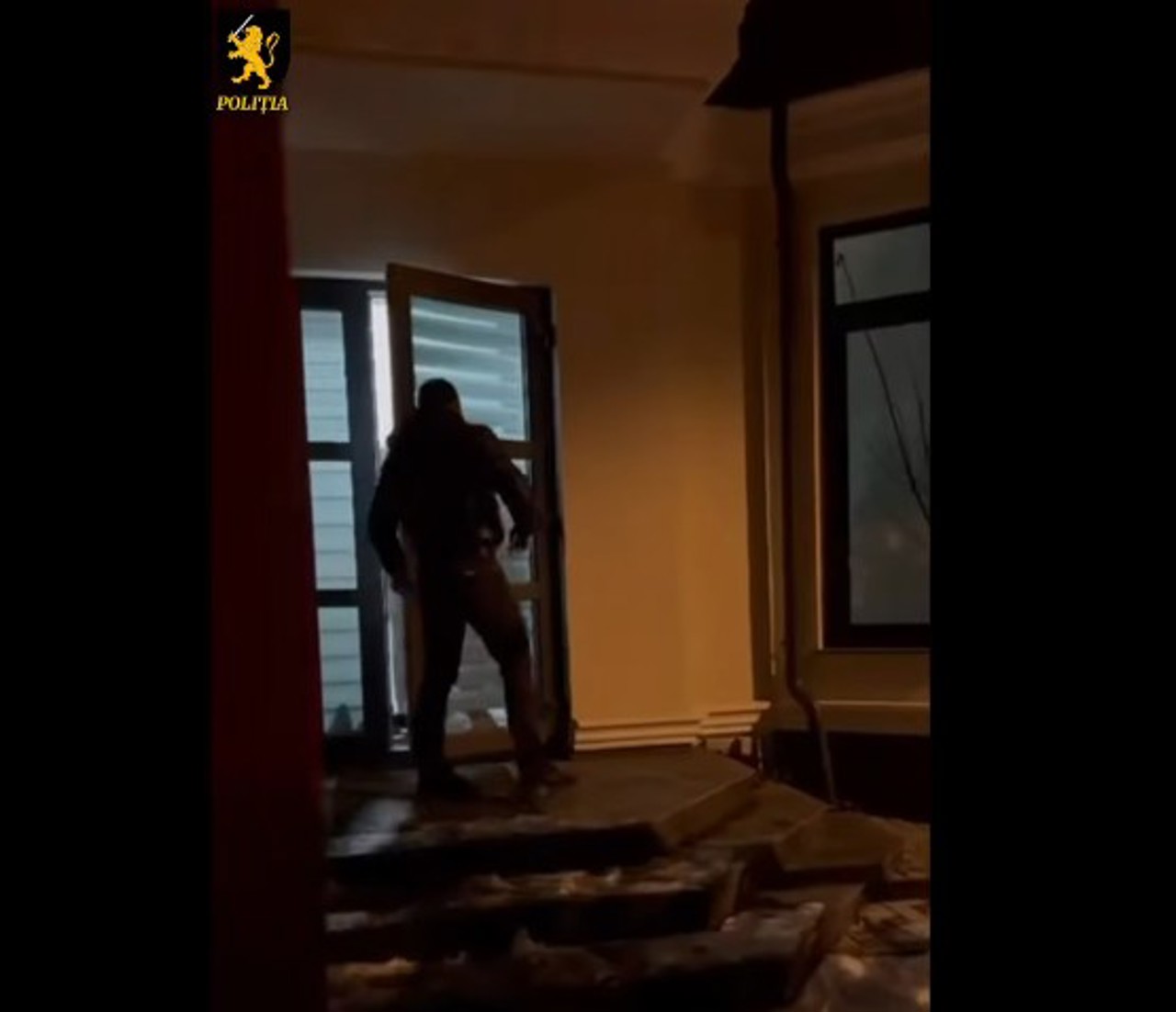Press review: Maia Sandu's meeting with pro-European party leaders; Agriculture in deadlock
President Maia Sandu's meeting with pro-European party leaders, agriculture in deadlock and the transition from patent to self-employment are some of the topics covered in the press and reviewed by Alla Ceapai.

The President's request to call pro-European parties to talks "is not clear at all", for political analyst Igor Botan, quoted by Free Europe. For him, a call to all parties, not just those claiming to be European, would have been more justified. Botan believes it is an attempt by the president to temper criticism of the government by parties supporting the same geopolitical vector so as not to favour the pro-Russian party. Political commentator Nicolae Negru also believes that the president is trying to avoid a battle between the European parties in the local elections, as some of them could accumulate political capital by criticising the government in front of voters. Initially, representatives of the Socialist Party were also invited to the talks, but later, according to them, the invitation was cancelled.
The ruling party has eroded its electoral support to a certain extent, after two years of solitary government, it is absolutely necessary to have a constructive dialogue with the pro-European extra-parliamentary parties in order to combine efforts, political analyst Victor Juc said in an interview with Radio Moldova. He also sees the need for possible talks with parties of a different geopolitical orientation. Analyst Ion Tăbîrță says the pro-European right needs to be consolidated. If PAS does not accumulate enough votes to form a majority, there should be other pro-European political parties that would enjoy the support of citizens and together form a pro-European government in Moldova.
The government is trying to solve the dispute with farmers politically, suggests economist Viorel Gîrbu, as quoted by noi.md. According to him, the aim is to minimise the political components of the problem that may arise from farmers' protests, but not to invest in the long-term development of the sector. Farmers are asking for state aid, but we understand that this aid does not go to development and there is also the problem that there is not enough money in the state budget. Every year farmers will ask for it and they will be in the same situation. We need to invest money in the long-term development of the sector, because at the moment we are just wasting money.
Why should the state subsidise farmers' private businesses? If not subsidised, will the farming business go bankrupt? Are farmers really that bad off? - These are some of the questions that newsmaker.md reporters sought answers to. Without subsidies, agriculture will disappear, because everyone around us is subsidising to an extent we can only dream of, says economic expert Victor Ciobanu. However, former Minister of Agriculture Nicolae Ciubuc points out that no one evaluates the effectiveness of the use of subsidies and their impact on the development of the agricultural sector. Experts believe that the authorities' reaction to farmers' protests should depend on the cause of the protest, and if it is related to climate conditions, the state should intervene less, since it subsidises investments in irrigation systems, anti-hail solutions and farmers can insure their crops.
An analysis by mold-street.com and summarised by agora.md suggests that the government does not have enough money to meet all farmers' demands, especially since if it meets all of them, it may come up with new ones. In addition, calculations have to be made and the state budget adjusted accordingly. And the public budget deficit this year is growing almost twice as fast as in 2022, while revenue growth has slowed significantly. The analysis notes that the state budget's agricultural allocations have increased significantly over the past two years by more than half a billion lei, reaching 2.52 billion lei in 2023, which is 2.1% of all budget expenditure.
The Republic of Moldova has succeeded in the last two years, with the support of foreign partners, to become independent of Russian energy resources, which is a great achievement, the US Ambassador to Chisinau, Kent Logsdon, told Radio Chisinau. "Only two years ago the Republic of Moldova was faced with very limited options, it had basically only Russian energy resources. Now the Republic of Moldova is able to go and buy gas and electricity on the free market, it is able to generate its own energy sources. We, the international community, have been able to provide support," the diplomat said, adding that the United States has pledged to provide the Republic of Moldova with some $300 million, including $80 million in direct budget support to address challenges in the energy sector.
The editorialist of Ziarul de Gardă Petru Grozavu writes that after being left without a mandate as MP and without a party, Ilan Shor has one more duty - to return to Moldova and serve the 15 years in prison he was sentenced to in the bank fraud case. The organised criminal group Șor will seek to re-enter politics at any cost, and has in fact begun to do so. Will it succeed? It depends on how well qualified the state institutions will do their job to filter things properly. Perhaps the law on parties should be amended? The political environment urgently needs to be decriminalised. The outlawing of the "Shor" party must not only begin, the columnist notes.
The imprisonment rate in the Transnistrian region is the highest in Europe, headlines diez.md citing data from the Promo-LEX Association. The rate of about 451 prisoners per 100,000 inhabitants is more than four times the European average and almost twice that of the Republic of Moldova, excluding the Transnistrian region, and is the highest imprisonment rate in Europe. In 58% of the 50 judgments delivered by the ECtHR in the "Transnistrian cases" the Court found violations of the rights of the applicants as a result of unlawful deprivation of liberty and detention in inhuman conditions in the Transnistrian region. Promo-LEX reiterates the importance of ensuring free access for national and international monitoring institutions to places of deprivation of liberty on the left bank of the Dniester as a determining factor in ensuring respect for human rights throughout the country.
Journalists of the newspaper Observatorul de Nord discussed with patent holders who sell fruit and vegetables at the markets in Soroca about the transition from patent to self-employment and home appliances from July 1. Traders' opinions are divided. Those opposed to the change cite additional costs, difficulties in using cash machines and paying taxes, and anticipate a drop in the number of vendors. Other traders are opting for cash machines and paying taxes, and say those who really want to sell on will comply with the new rules. The article states that by banning patent-based activity, the authorities want to ensure more accurate collection of taxes and duties, as patent holders do not keep tax and accounting records and submit some financial and statistical reports.





